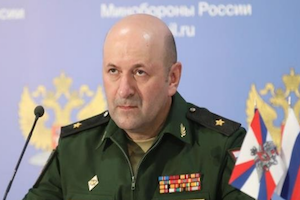Georgian Politics: Awaiting Revitalization
By Neil Hauer
March 13, 2019, the CACI Analyst
Georgia’s final presidential elections in October and November 2018 served as a microcosm of the current uninspired state of Georgian politics. Although the incumbent Georgian Dream (GD) party and its leader, Bidzina Ivanishvili, were able to triumph over their opponents, the trials they faced in doing so underscored the degree to which they have lost public confidence. Exiled former president Mikheil Saakashvili, who played a major role in campaigning for the candidate of his United National Movement (UNM) party, also appears to be a largely spent force. Georgia seems to be in need of a new political movement that can mobilize enthusiasm, but it is unclear when, or from where, this will emerge.
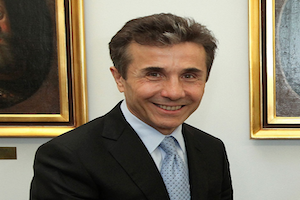
Georgia's Last Direct Presidential Elections
By Natalia Konarzewska
January 16, 2019, the CACI Analyst
On November 28, 2018, Georgians elected their next president in the second round, in the last direct presidential elections before the country fully switches to a parliamentary system. Salome Zurabishvili, an independent candidate endorsed by the ruling Georgian Dream (GD) party, won the election by securing 59 percent of the vote against opponent Grigol Vashadze from United National Movement (UNM) who received 40 percent. Zurabishvili received the largest number of votes in the first election round on October 28 but did not reach the 50 percent threshold needed to win. Observers assessed that elections were largely competitive but not fair. Some irregularities and incidents occurred during the voting, however, they did not seriously affect the outcome.
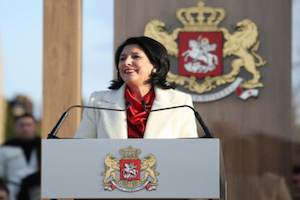
Bolton's Caucasian Tour and Russia's Reaction
By Eduard Abrahamyan
December 17, 2018, the CACI Analyst
On October 24-26, a U.S. State Department delegation headed by National Security Adviser Ambassador John Bolton visited the South Caucasian republics after talks in Moscow. The delegation’s visit to Azerbaijan, Armenia and Georgia was immediately dubbed a reinvigoration of U.S. policy towards the Caucasus and a pragmatic reengagement with the conflicted region. Bolton appeared to refine the evolving U.S. priorities with each country, categorizing them in accordance with political capabilities, shared interests and the roles that Georgia, Azerbaijan and Armenia respectively seek in relations with the West. The visit, however, caused an angry reaction from Moscow, especially given the issues Bolton raised in Yerevan.
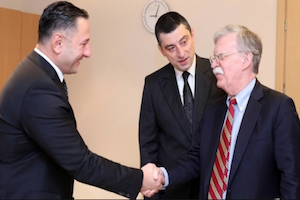
Georgian Wine and Its Narrative Drive Development
By Mamuka Tsereteli
December 7, 2018, the CACI Analyst
Georgian wine and its narrative are emerging as a major driver for the global marketing of the country. The evidence of 8,000 year old wines, discovered in Georgia, helped galvanize the promotion of the country as a Cradle of Wine. The story of Georgian wine contributed to reaching record numbers in wine exports, as well as record numbers of visitors to the country, thus contributing to the development and economic growth of Georgia.
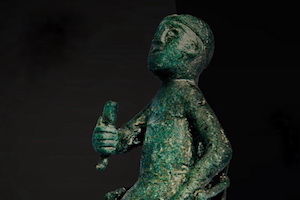
Russa's "Biological" Information Operation Against the US and Georgia
By Nurlan Aliyev
November 27, 2018, the CACI Analyst
During a press conference in Moscow on October 4, 2018, Major General Igor Kirillov, commander of Russia’s radiological, chemical and biological defense troops, stated that 73 citizens of Georgia had died as a result of medical experiments conducted by a company owned by former U.S. Secretary of Defense Donald Rumsfeld. He referred to recent accusations from Georgia’s former Minister of State Security Igor Giorgadze, who served in the KGB from the 1970s to the 1990s and holds the title “Honorary Officer of the KGB of the USSR.” Kirillov’s statement coincided with allegations from the UK and the Netherlands that Russian spies attempted to hack the Organisation for the Prohibition of Chemical Weapons (OPCW) in The Hague.
